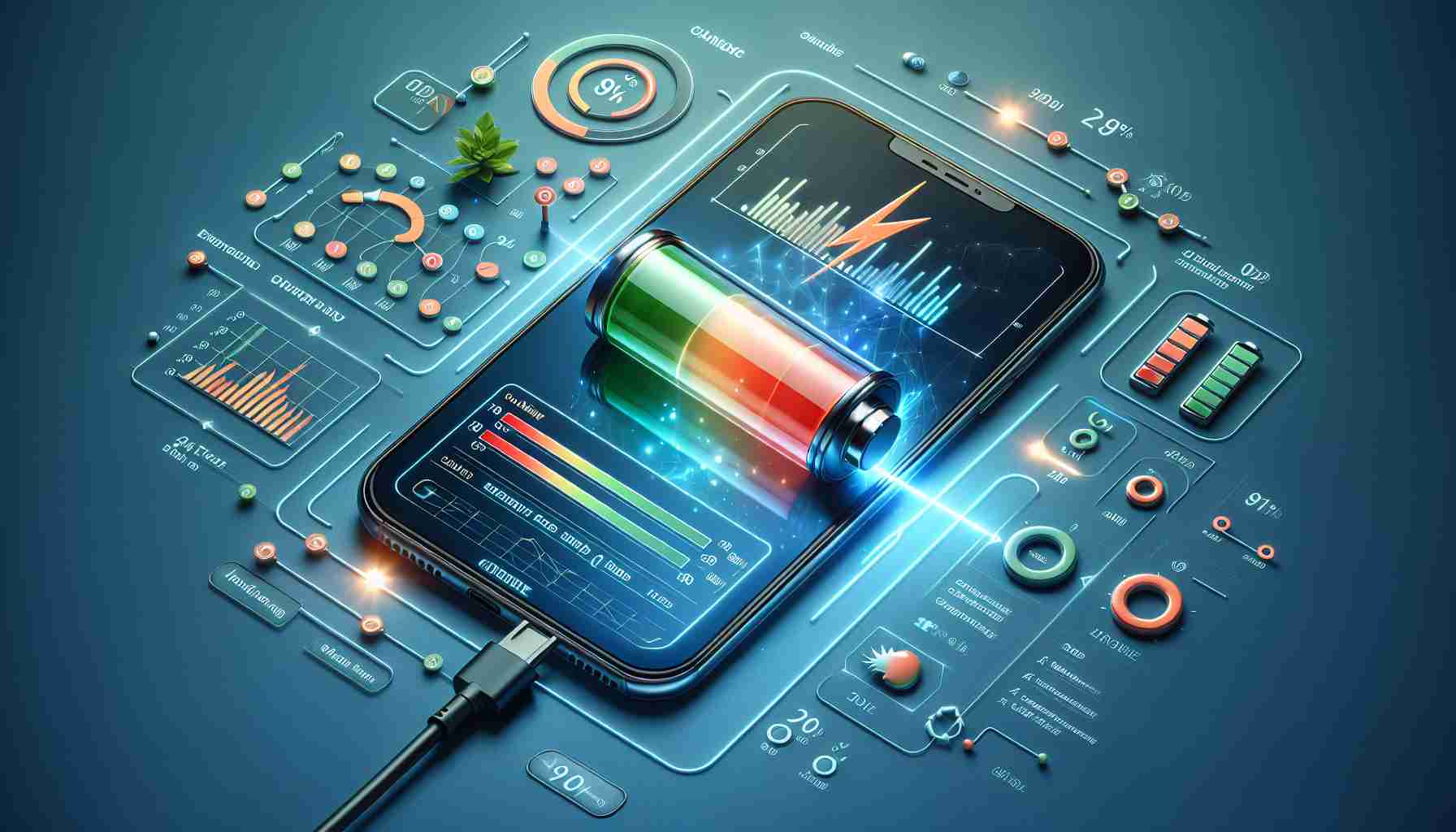As mobile phone ownership has become virtually ubiquitous, understanding the proper way to charge your device is more important than ever. Many users inadvertently shorten their battery’s lifespan through common charging mistakes. Here are some scientifically backed tips to enhance the longevity of your mobile battery:
Avoid full charge cycles ranging from 0% to 100% and charging overnight. Instead, opt for regular top-ups with partial charges. Keeping your smartphone’s battery charge under 100%, specifically at 80-90%, can prove more advantageous for its health.
Use fast charging and wireless charging judiciously, especially when your device is not overheated. Heat can expedite battery degradation, so avoid covering your phone during charge and steer clear of hot environments.
Refrain from demanding tasks such as intensive gaming, video streaming, or heavy-duty applications while charging – these activities can strain and heat the battery excessively.
Leaving your phone plugged in overnight is an all too familiar habit but not recommended for a few reasons. Constant charging past full capacity can lead to lithium metal plating, which undermines long-term stability and could cause device malfunctions or reboots.
Moreover, an overnight charge keeps the battery at a high-stress voltage level when at 100%, and creates heat due to energy wastage. Even though some phones cut off power once full, they may continue drawing a small current, preventing the phone from cooling efficiently and causing mini charging cycles.
By adopting these smart charging practices, you can significantly improve your phone’s battery life and avoid the inconvenience of frequent replacements or performance hitches as the battery ages.
Key Questions and Answers:
Q: Why should I avoid charging my phone overnight?
A: Charging overnight can lead to overcharging, which can cause lithium metal plating, resulting in device malfunctions or reboots. It also keeps the battery at high-stress voltage levels and generates heat from energy wastage.
Q: Are fast charging and wireless charging bad for my phone’s battery?
A: Fast charging and wireless charging can produce more heat than standard charging, potentially accelerating the degradation of your battery. They should be used sparingly and in conditions where overheating is not a concern.
Q: Should I let my phone’s battery drain completely before recharging?
A: No, full charge cycles from 0% to 100% are not recommended as they can wear out the battery more quickly. Partial charges are preferable.
Key Challenges or Controversies:
One key challenge in battery conservation strategies is balancing user convenience with ideal charging practices. Users often find overnight charging or waiting for a full charge more convenient despite the potentially detrimental impacts on battery lifespan.
Advantages of Smart Charging Strategies:
Using smart charging strategies can prolong the overall lifespan of your mobile phone’s battery and reduce the frequency of costly battery replacements or the need to charge throughout the day.
Disadvantages:
These strategies may require users to change their habits, for example, needing to charge more frequently to avoid low or full charges, which could be seen as less convenient.
For those who want to delve deeper into the topic of battery health and smart charging strategies, further reading is available through trusted resources like electronics manufacturers or technology news outlets. Remember to visit the International Electrotechnical Commission for information on electronic device standards or the Apple and Android official websites for platform-specific battery care recommendations.
Please note that practices and recommendations may vary depending on the type of battery and device manufacturer, so consult your device’s user manual or official website for the most accurate information.
The source of the article is from the blog shakirabrasil.info
